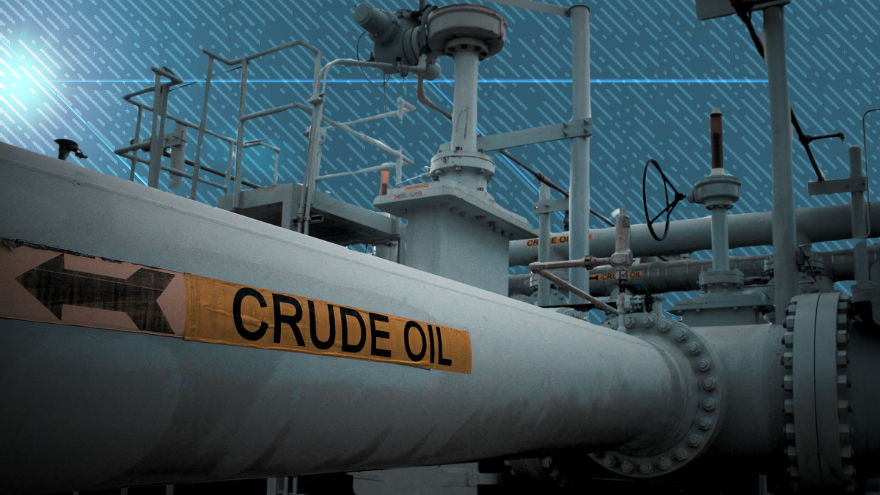The SPR, established nearly five decades ago in response to the 1973 oil embargo by the Organization of Petroleum Exporting Countries (OPEC), was created to safeguard the U.S. from energy supply disruptions. OPEC's embargo was imposed in retaliation for U.S. support of Israel during the Fourth Arab-Israeli War. The SPR stores emergency crude oil at four sites along the Texas and Louisiana Gulf coasts in deep underground caverns formed from salt domes. The reserve has a storage capacity of 714 million barrels and is managed by the Department of Energy. It was designed for emergency use, not for offsetting high prices caused by market fluctuations or policy decisions. When President Joe Biden took office, the SPR held about 638 million barrels. As of Sept. 20, that number has fallen to approximately 381 million barrels, slightly above the 2023 low of 346 million barrels, the smallest stockpile since 1983. Factors Behind SPR Drawdowns A range of factors contributed to the Biden administration's decision to release oil from the SPR. Several pieces of legislation — including the 2015 Bipartisan Budget Act, the Fixing America’s Surface Transportation (FAST) Act, and the 2018 Bipartisan Budget Act — mandated the sale of SPR oil to fund government programs and infrastructure. However, after Russia's invasion of Ukraine and his administration's subsequent decision to ban Russian oil imports, Biden announced the release of 180 million barrels from the SPR to stabilize the domestic market as gas prices soared to record highs. Almost immediately, the legality of that decision was questioned. Mark R. Robeck, former Deputy General Counsel for Energy Policy at the Department of Energy, criticized the decision, stating that it violated the law. “The Biden administration’s announcement that it will release 180 million barrels of crude oil from the SPR over six months is unlawful and harms our national security,” Robeck wrote in an op-ed. “Concerns regarding the potential for the federal government to manipulate normal market functions prompted Congress to limit the circumstances when SPR crude oil could be released,” he added. “Biden’s energy policies contributed to high prices well before Russia invaded Ukraine. The release from the SPR is unlawful and increases the risk to our national security.” Controversy Over SPR Sales Further controversy arose when reports emerged that some of the SPR oil was sold to a state-owned Chinese company in which Hunter Biden, the president’s son, had a financial interest. This led to an investigation by a group of lawmakers. Despite the controversy, Energy Secretary Jennifer Granholm vowed to replenish the depleted reserve. However, she cautioned that a complete refill to pre-Biden levels was unlikely. In July, multiple news outlets reported that the administration had replenished the 180 million barrels it had released. But energy experts and the Department of Energy’s own data debunked those claims. Today, just over a month before the 2024 election, the U.S. Strategic Petroleum Reserve holds 257 million barrels less than when Biden took office.Despite hopes that the Biden administration would refill the United States' Strategic Petroleum Reserve (SPR), the world’s largest stockpile of emergency crude oil remains at historically low levels.

Under former President Donald Trump, the SPR declined from about 695 million barrels to 638 million, roughly 8 percent. During Biden's first year in office, the reserve fell to about 591 million barrels, a decline of around 7.5 percent, largely due to the congressionally mandated sales.
News /
U.S. Strategic Petroleum Reserve Still Remains At Historic Low
America's emergency stockpile holds 257 million barrels less than when Biden took office

*For corrections please email [email protected]*
